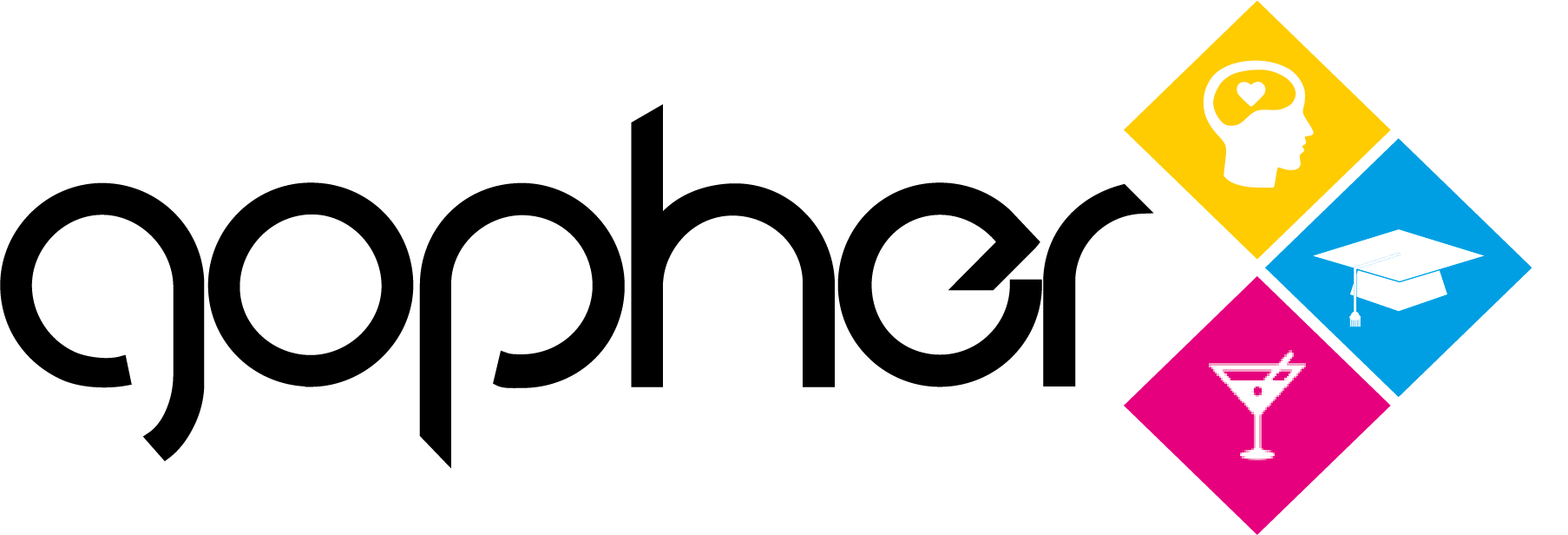Interview with... Steven Forrest
Steven Forrest is a final-year PhD student at the Department of Spatial Planning and Environment. He has a range of voluntary roles alongside his PhD on ‘flood resilience in the UK and the Netherlands’. He was involved in organising the PhD Day in 2016 as a member of the Program team and has recently finished his year-long position as an Advisor on the Gopher Board. He is now part of the organizing committee for the AESOP Young Academic’s conference on ‘Navigating Change’, which will be held in Groningen in early 2018. In addition, he is also a theme editor for his department’s new blog and also helped to organize the Faculty lunch seminar series. As a specialist in flood resilience, he has voluntarily reviewed academic and policy articles for various journals and organizations. More recently, he was a co-founder of the Gopher Research Communication Group, which was a precursor to MindMint. Steven is now an Executive Director in MindMint as well as coordinating the Video team and acting as a Website Manager.
Q: What did you gain from participating in these activities?
Steven: Enjoyment, excitement – the chance to do fun things whilst meeting a lot of people from different disciplines and backgrounds. As an international student, meeting people and talking to people is really important as when I moved here I didn’t know anyone. It may sound a little clichéd, but I think that it is important to be meeting new people outside of your work routine and to be doing fun activities as well! Sometimes you need to get out of your PhD mode and think about something entirely different, so you won’t go crazy with the stresses of being a PhD student. Sometimes, I have to spend my weekend on an activity, for example, when I was organising a Gopher trip to Antwerp. Some people may think I have to sacrifice my weekend, but I think I will enjoy my weekend. So whether that’s a loss or a gain depends on your point of view.
Q: What are your main challenges while participating in these activities and how do you overcome them?
Steven: I think one of the challenges is to keep your PhD research on track and to manage your time when doing these activities. Part of this is the challenge of learning how to say no to some work and voluntary activities and not just saying yes to every task that appears. It is a skill that I haven’t quite mastered yet – I am still 50/50 in this aspect. Now I’m starting to say no to certain new activities – I am not sure if that’s because I have become better at this skill or simply because my schedule is already too full! I think it is a learning process. Another challenge is that it may be difficult to get approval from your supervisors for why you are doing some activities and how it is going to contribute to your thesis – both of these are valid questions!
How to overcome these challenges? I think you need to be clear at the start about why you are doing these activities and then be clear in your own mind about what you want to get out of them – is it for enjoyment, to nurture a long-held interest, to improve technical or social skills, or for another reason entirely? This is helpful as it means that you are able to see if you want to devote time to the activity or not, and then how much time. You can also explain it better to your supervisor and show them the value in what you are doing. For example, I have a long-held interest in science communication so I participated in a competition in which I made a video to explain my research in a simple way. It was a voluntary activity and it took time away from my research, but at the start I was honest that the reason I was doing it was because I enjoyed it. In the end I won the competition and was invited to a conference in Rome and got some research funding. That was a surprise, but also meant that I had a tangible output that I could show my supervisors what I was doing. Getting something tangible is not always the case, but in clearly knowing your own reasons at the start you can also consider the intangible benefits. Reflecting on these reasons, and the time you put in, will help you overcome these challenges and is a must.
Q: How do you view your future after your PhD study?
Steven: I would be happy to stay in academia, doing research/teaching and helping students, or to venture elsewhere. I would like to do something about disaster management especially flooding, maybe working in a government agency or a private company, like a consultancy. I am quite flexible with the options. I focus on the topics rather than locations – I want to continue to work on something that I enjoy, regardless of where that is.
During our conversation, Steven has reminded me of a famous quote by Aristotle, “For the things we have to learn before we can do them, we learn by doing them.” Some students think they need good prioritization skill before joining extra-curricular activities, but actually it could be that they have to start doing these activities first so they can improve their prioritization skill. As Steven told us, he is currently in a learning process as well.
This interview was conducted by Hataitip Tasena.

